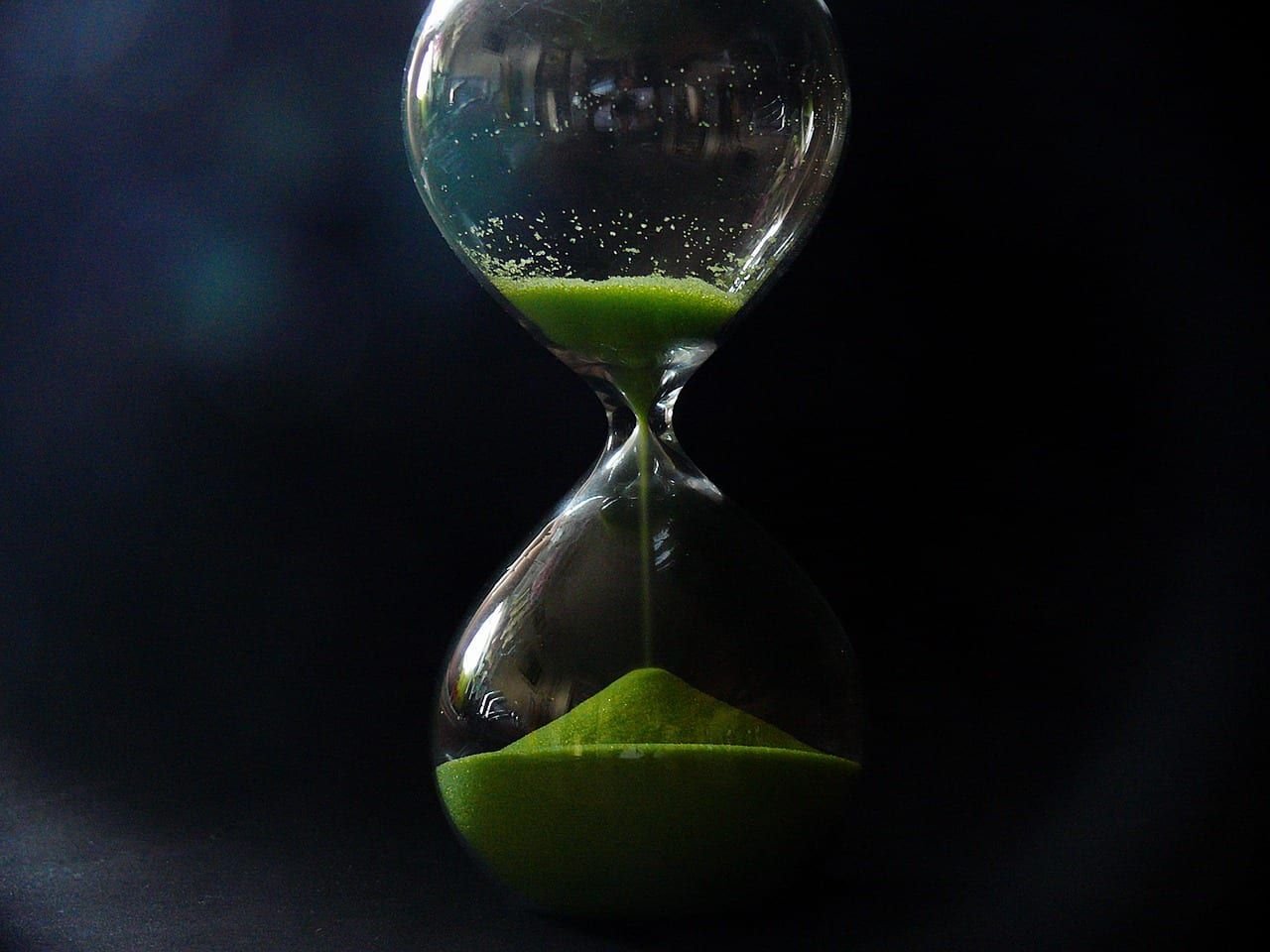In The Name of Allaah, The Most Merciful, The Bestower of Mercy
Questioner:
Verily amongst the Shaikhs of Ahlul Bidah [i.e. leaders of the people of innovated religious affairs] are those that deceive the people and say, “Indeed differing exists even in the fundamentals of the religion”.
Shaykh Rabee (hafidahullah):
Fine, if differing exits, we say likewise differing exits in the fundamental and subsidiary issues of the religion, however what is Allaah’s Ruling on this differing? Is there a solution for this differing? Is the mere presence of differing a proof for the proponents of religious innovations to remain and be steadfast upon their falsehood and misguidance?!
These Ikhwaan al-Muslimeen want you to be silent about the Raafidah, silent about the Khawaarij, silent about the Mu’tazilah, silent about the worshippers of the graves, why? Because [i.e. they want to claim that] the pious predecessors differed, likewise we differ with them, so we leave them alone! Did the companions leave alone those who opposed them? Did the Messenger leave those who opposed him? Did he not establish Allaah’s commands and prohibitions and did he not rebuke those who went to extremes in worship and say, “Whoever turns away from my sunnah is not from me…”(1)
Why did Allah – The Blessed and The Most High – praise this Ummah [i.e. the Muslims] that they enjoin good and forbid evil;
كُنتُمۡ خَيۡرَ أُمَّةٍ أُخۡرِجَتۡ لِلنَّاسِ تَأۡمُرُونَ بِٱلۡمَعۡرُوفِ وَتَنۡهَوۡنَ عَنِ ٱلۡمُنڪَرِ وَتُؤۡمِنُونَ بِٱللَّهِۗ
You are the best nation produced [as an example] for mankind. You enjoin what is right and forbid what is wrong and believe in Allah. (Aali-Imraan:110)
hence, one of the most loathsome, the filthiest and most evil deed is to oppose the fundamentals; they oppose the Lord of All that Exists and His noble messenger. Should we remain quiet about those who oppose the fundamentals – those who oppose the Qur’aan and the Sunnah of His Messenger?
The one who rebukes those who say “Our Lord is above the heavens and has ascended above His Throne (in a manner that suits His Majesty)” and he claims that Allah does not have a place, not above, not below, not on the right, or on the left, do we remain quiet about this?!!
Should we remain quiet about the one who says, “I invoke so and so, seeks deliverance from others besides Allah, sacrifice animals for other than Allah?” Allah – The Most High – said,
وَمَنۡ أَضَلُّ مِمَّن يَدۡعُواْ مِن دُونِ ٱللَّهِ مَن لَّا يَسۡتَجِيبُ لَهُ ۥۤ إِلَىٰ يَوۡمِ ٱلۡقِيَـٰمَةِ وَهُمۡ عَن دُعَآٮِٕهِمۡ غَـٰفِلُونَ
And who is more astray (in religion and intellect) than he who invokes besides Allāh those who will not respond to him until the Day of Resurrection and who are unaware of their invocation (which is being directed to them). (Al-Ahqaf:5)
And Allah passed a judgement that he’ll enter the fire – Refuge is sought with Allah.
These are worthless people and I do not know how the Salafis can be confused by the likes of this doubt?!! You have proofs and evidences with you, and with your ability you can face those people and chase them away with the proofs and evidences; [but] you sit [quietly] like this and let the doubt grab you?! Bombard them with the proofs and evidences that are with you.
Source: Fataawa fee al-Aqeedah wa al-Manhaj of Shaykh Rabee pgs.24-25 Dar al-Minhaaj
(1) Al-Bukhari:5063; Muslim 1401;Nisaa’i 3217; Ad-Daarimi 2215, Ahmad 6477, 13534, 13727, 14045, 23474
https://www.abukhadeejah.com/tolerated-differing-and-impermissible-differing-in-islaam/









